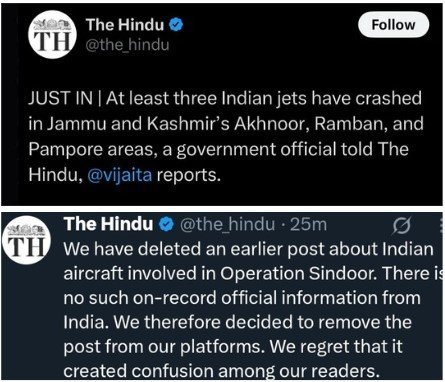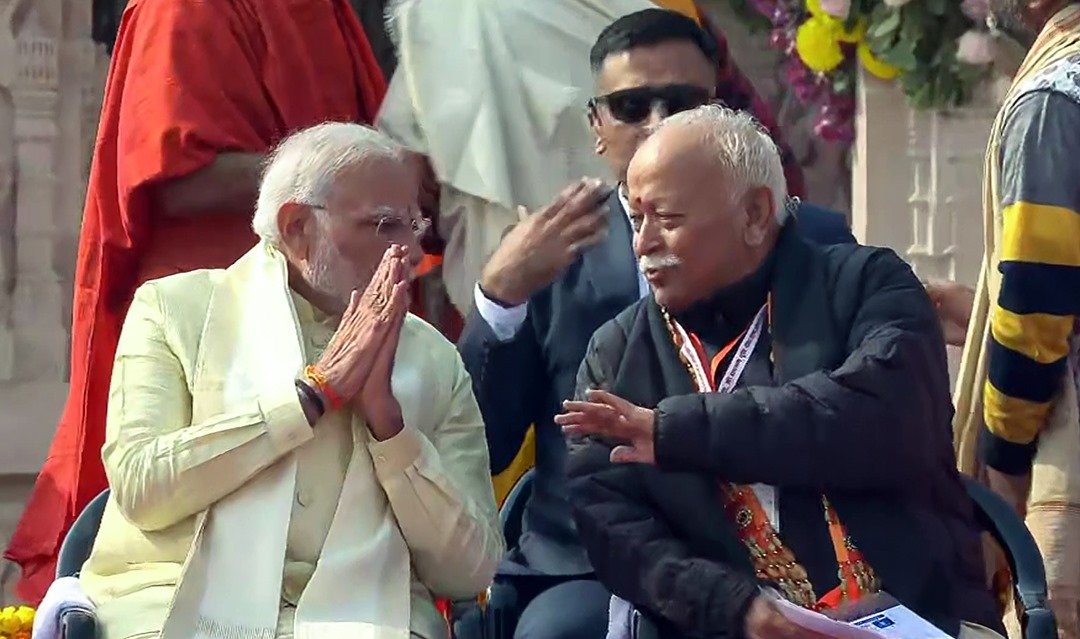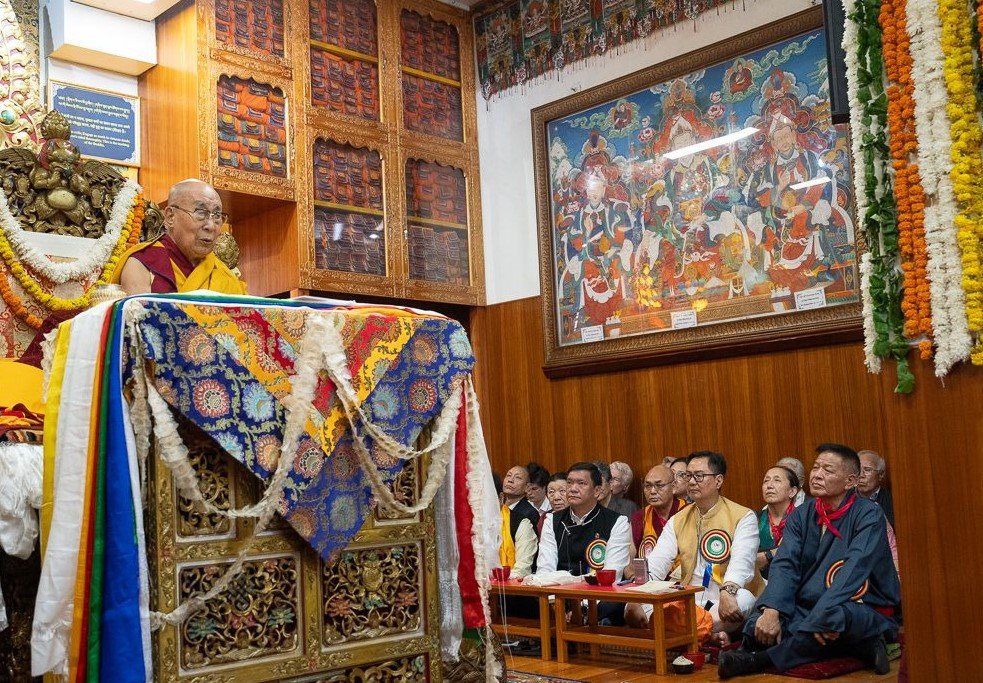New Delhi: A growing online movement calling for a boycott of The Hindu, one of India’s oldest newspapers, has sparked heated debates across social media. The hashtag #BanTheHindu has gained traction, with critics accusing the publication of biased reporting and favoritism toward certain ideological groups. What sparked the outrage was one of its Operation Sindoor updates on ‘X’ which was later deleted.
Accusations of Political Bias
Critics argue that The Hindu often leans toward left-leaning and secular viewpoints, allegedly undermining nationalist perspectives. X user @DineshRedEE claimed that the newspaper selectively frames narratives to align with specific political agendas, fueling distrust in mainstream media.
The controversy comes at a time when India’s media landscape is increasingly polarized, with accusations of bias frequently leveled against major news outlets. Supporters of the boycott argue that The Hindu’s coverage of religious tensions, government policies, and minority rights lacks balance, often portraying Hindu traditions in a negative light.
Defenders Cite Journalistic Integrity
On the other hand, defenders of The Hindu argue that the newspaper upholds journalistic integrity, providing nuanced reporting in a complex socio-political environment. They dismiss the boycott calls as attempts to stifle free speech and silence outlets that challenge majoritarian views.
Impact on Public Trust in Media
The #BanTheHindu campaign highlights the broader challenges facing Indian media in maintaining credibility amid accusations of bias. While boycott calls may not lead to formal bans, they highlight the deepening divide in public trust.


